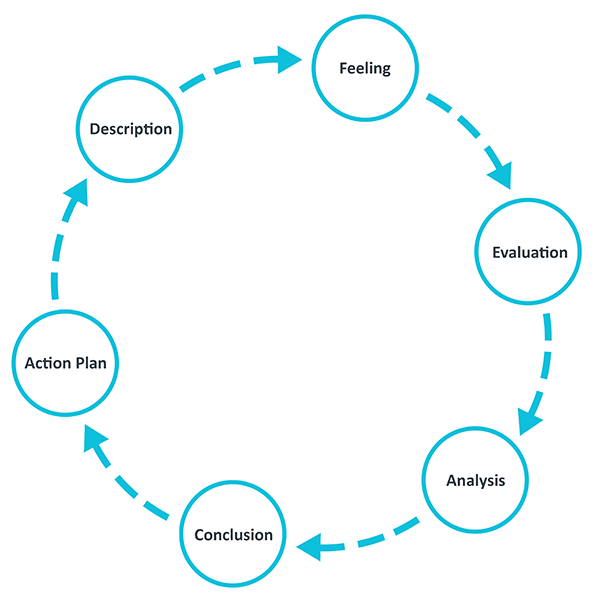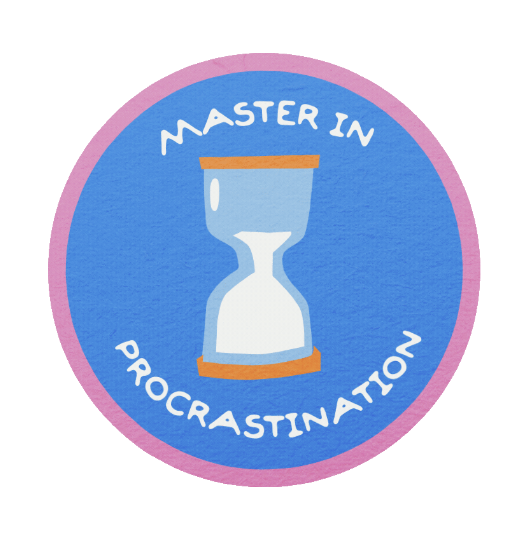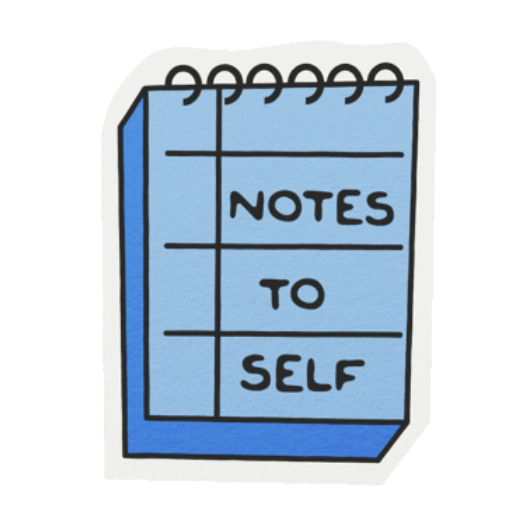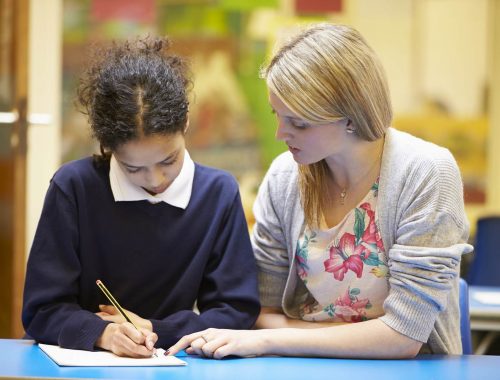Pressure Is For Tyres:

Former Ireland rugby player Cian Healy has often said before big games that ‘pressure is for tyres.’ This is something that has always resonated with me, because as someone who believes they can only work under pressure it never made sense.
When it came to finding a work placement, leaving it to the last minute and putting myself under pressure to source it, was one thing that was guaranteed to happen.
Using Gibbs model of reflection, I will analyse this process and draw conclusions on my behaviour and choices to allow me to learn for future situations. ‘Gibbs’ reflective cycle encourages a clear description, analysis of a situation, and examines what one would do should the situation happen again.’ (Jasper, 2013)
Let the search begin …
The process began in semester two of second year when I was faced with my module choices for final year. After some contemplation, I decided on the work placement module. We were informed that we should work on this over the course of the summer, whether it was researching, making contacts, or starting the placement itself. At this stage I knew I had a few months to sort this out and it quickly moved to the bottom of my priority list, as all thought of academic pursuit disappeared for the summer.

Fast forward to September, and I had yet again left something important to the last minute. In a frantic state, I began working my way through the list of possible placement employers, emailing every person on it. This process led to several issues, firstly many of the individuals on the list weren’t impressed that their contact details were being handed out, meaning I received quite a few angry emails in response. Secondly, I had wasted even more time emailing people and companies who didn’t want to hear from me, and at the end still had no placement. As United States president Benjamin Franklin once said, ‘Failing to prepare is preparing to fail’ (Benjamin Franklin) and that is exactly what I had done on this occasion.

Following conversations with other classmates, they had given me some suggestions of places they had considered. One of the places was a local Belfast radio station which advertised that it took students for placement, at the time this seemed perfect, so I filled out the online form had an interview with the station owner and had finally secured a placement. This lasted less than a week when my only point of contact stopped retuning my messages, regarding the paperwork required. This lack of organisation on his part raised alarm bells for me and I decided doing placement here wasn’t going to work. However, I had also applied to work with the media team at SARC Belfast and was successful, finally securing my placement.
The Learning Curve

So, after a very intense two weeks, I realised two things. Firstly I constantly leave tasks until the last minute and secondly I keep convincing myself I work better under pressure. In an article from The Guardian, British psychologist Anna Abramowski, explained that people who ‘actively procrastinate display a certain level of self-reliance, autonomy and self-confidence because they are aware of the risk of subjecting themselves to last-minute pressures and still consciously decide to.’ (Usborn, 2016) after reading this it made me wonder was it the rush of having a tight time constraint that kept me stuck in this toxic cycle? Moving forward I intend to try break this habit by planning my time and workload.
From researching this I have learned that procrastination maybe isn’t as toxic as I once though. Many studies show it can increase creativity. BBC Worklife conducted research exploring performance and how procrastinating can help create solutions, ‘creative insights are much more likely to occur after a period of “incubation” – in which you focus on something entirely different from the job at hand, while your brain works away behind the scenes.’ (Heracleous & Robson, 2021)
However in this instance, my tendency to procrastinate dramatically limited my options, many companies had exciting opportunities which I missed out on as the they had passed the closing date when I began my search. Further reflecting on the experience, should I find myself in the situation again I would like to explore options surrounding sports journalism and broadcasting. This is an area that I am particularly interested in and something I am considering pursuing after graduating.
So what now?

To conclude, through the process of finding my placement I have learned a number of important things that I intend to use moving forward in both my person and professional life. Firstly, organisation and time management are essential skills, not only in the workplace but in every aspect of life. I missed opportunities that could have been highly beneficial to my career in the future. Secondly, Cian Healy was right, pressure is for tyres not people. Mental skills coach Jason Brennan elaborated on Healy’s idea explaining that ‘too much pressure and the tyre will be too hard, too rigid – it will affect handling and will be in danger of exploding (think of Formula 1 tyres).’ (Brennan, 2017) I have learned that I need to avoid creating high pressure situations for myself as pressure effects performance and can lead to rash decisions.
Works Cited:
Brennan, J. (2017) Pressure isn’t just for tyres, but it needs to be fit for purpose in sports, The42. Available at: https://www.the42.ie/jason-brennan-mental-skills-pressure-1-3165314-Jan2017/ (Accessed: November 16, 2022).
Gibbs’ reflective cycle (1970) The University of Edinburgh. Available at: https://www.ed.ac.uk/reflection/reflectors-toolkit/reflecting-on-experience/gibbs-reflective-cycle (Accessed: November 24, 2022).
Heracleous, L. and Robson, D. (2021) Why procrastination can help fuel creativity, BBC Worklife. BBC. Available at: https://www.bbc.com/worklife/article/20210319-why-procrastination-can-help-fuel-creativity (Accessed: November 24, 2022).
Jasper,M. (2013) Beginning Reflective Practice. Andover: Cengage Learning EMEA.
Usborn, S. (2016) “Why do you leave things until the last minute?,” The Guardian , 8 June. Available at: https://www.theguardian.com/science/shortcuts/2016/jun/08/why-leave-things-to-last-minute-eu-voter-registrationprocrastination#:~:text=Other%20suggested%20causes%20include%20a,with%20more%20work%20and%20responsibility. (Accessed: November 16, 2022).
Figuring out my career
You May Also Like

Working with a Production House
30 November 2022
Challenge Accepted Sir!
18 April 2023
